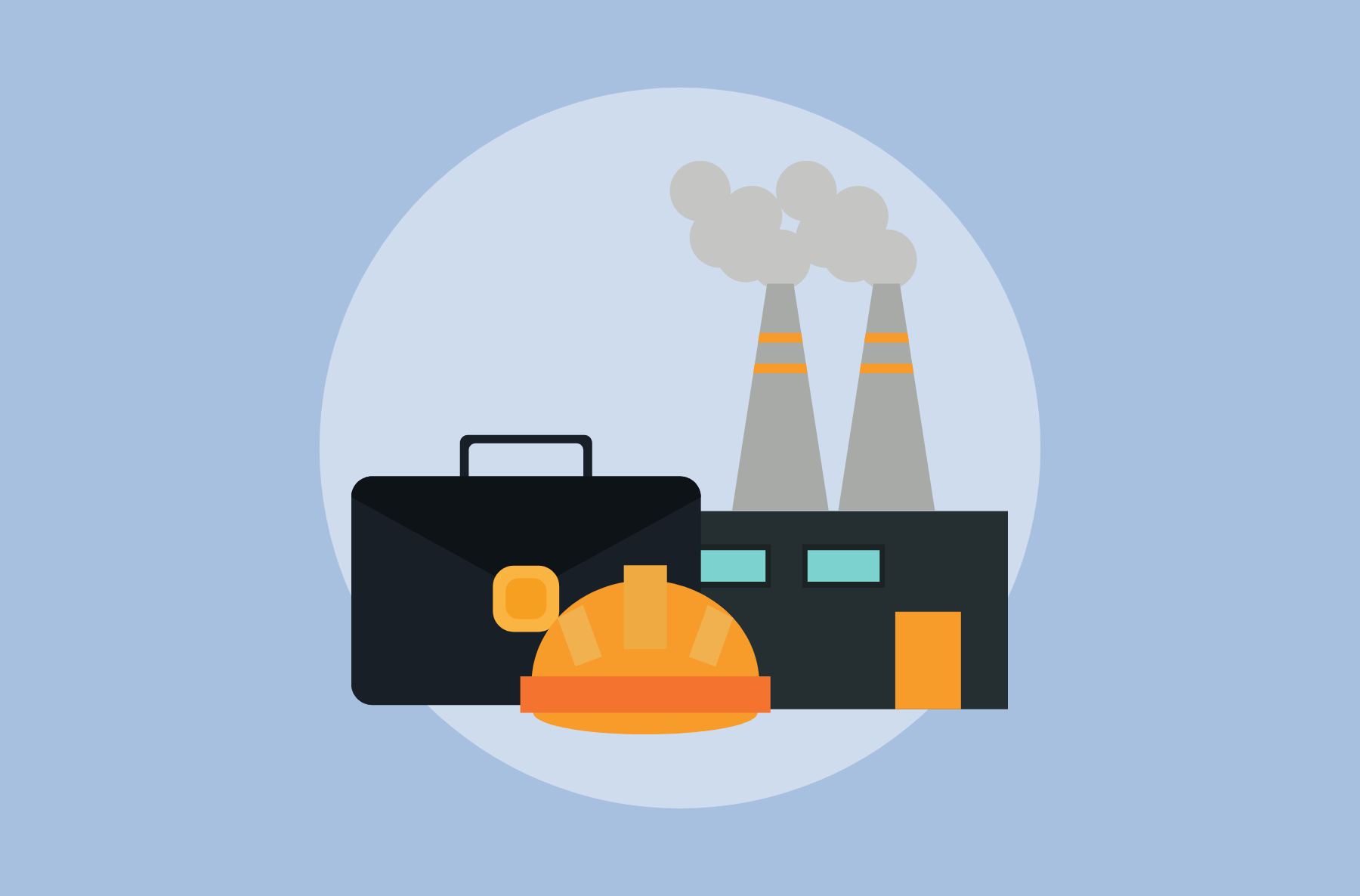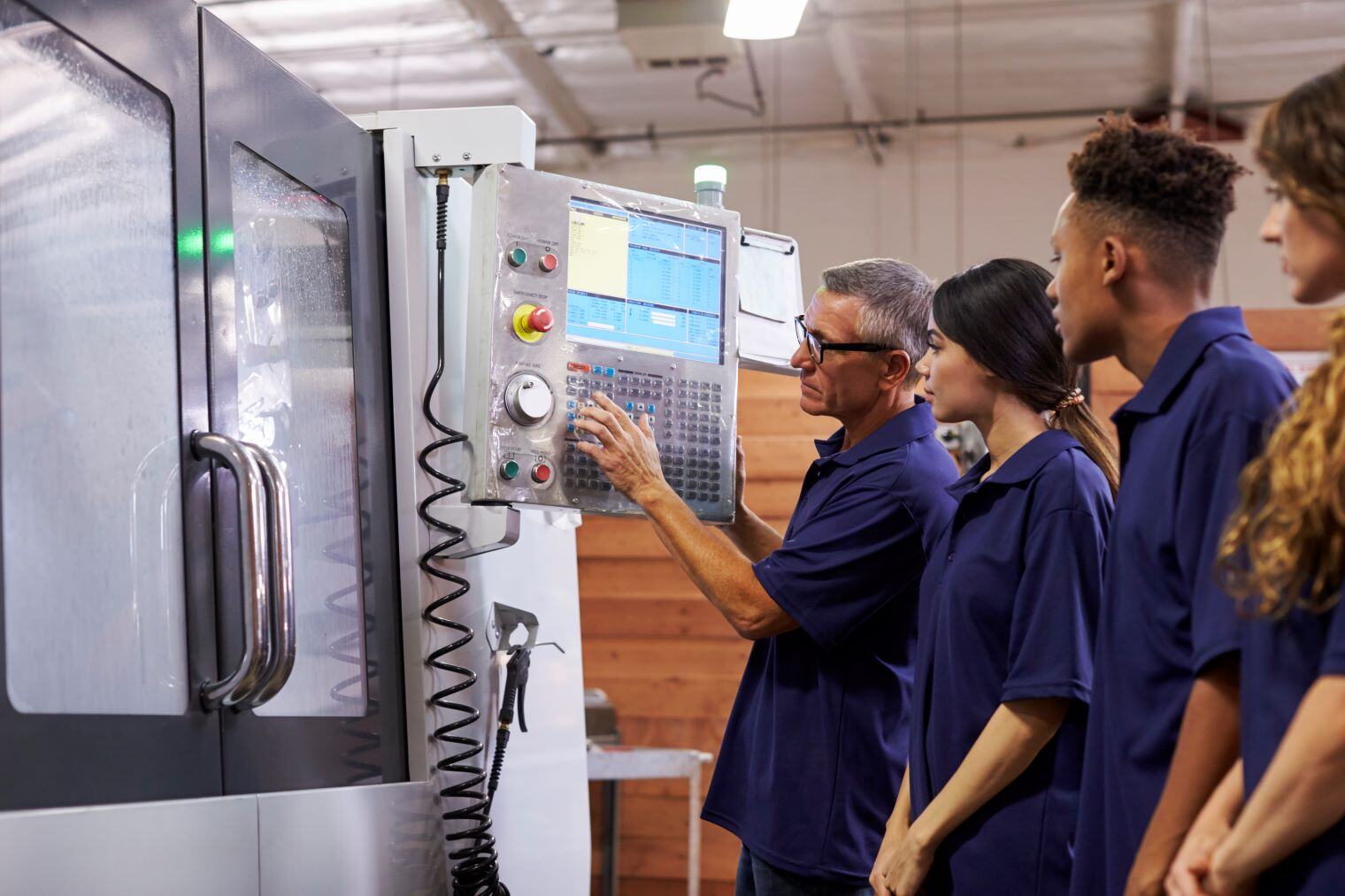Qualifications Your Next CNC Programmer Should Have

Post Categories
Caitlin
CNC machines rest at the heart of many manufacturing operations. Whether your business specializes in custom signs or precision millwork, the odds are good that you use CNC machines to speed up the production process. Of course, having the machine and using the machine are two drastically different animals. CNC machines require programming before you can run so much as a single piece. That means you need someone with specialized training. If you’re thinking of bringing CNC machining into your process, here are the qualifications your CNC programmer should have.
Technical Skills
CNC programmers need a good working knowledge of Geometric Dimensioning and Tolerancing (GD&T) and its associated symbols. They must be able to read and interpret blueprints. They must also understand tooling and its limitations in regards to different materials. Solid math skills are an absolute must since they’ll need them for model building, programming, and inventory management.
CAD, CAM, and G-codes
CNC programmers routinely operate solely off of a blueprint or even a physical model. That means they must often build a digital model inside of CAD software before they can even start worrying about questions like tool paths. Once they build the model, they must import the digital model into CAM software to help them create the g-codes instruction set for the CNC machine. Even then, they must often edit the g-codes in a g-codes editor and simulation program to refine the instructions.
Hands-on experience
There is no replacement for hands-on experience under a more experienced CNC programmer. This helps a programmer develop an understanding of common workflows. It also allows them to work directly with the more common CNC machines. This helps understand the limits of those machines in direct practice and not simply as theoretical limits. Hands-on experience also lets programmers see how different materials and cutters perform in real-world circumstances.
Certifications
You may or may not decide that you want CNC programmers with a certification. While certification doesn’t guarantee that someone will prove a successful hire, it does help ensure that candidates possess certain baseline skills and knowledge. Some technical colleges offer CNC certificate programs or Associate degree programs. The National Institute for Metalworking Skills, Inc. (NIMS) offers CNC certifications for those who can pass written and practical exams.
CNC programmers must bring a lot to the table
CNC programmers need competence in many skills to perform their jobs. They must understand blueprints, GD&T symbols, CAD and CAM software, and g-codes editing. They also need a practical understanding of the machines themselves, the tooling for those machines, and how both interact with different materials. That knowledge only comes from hands-on experience working with an experienced CNC programmer. CNC programmers can get certifications either through college programs or a professional organization like NIMS.
Find your next qualified candidate with Timpl
Looking to secure a qualified CNC programmer for your business? Let Timpl help you sift through the qualification to find you the right candidates.


